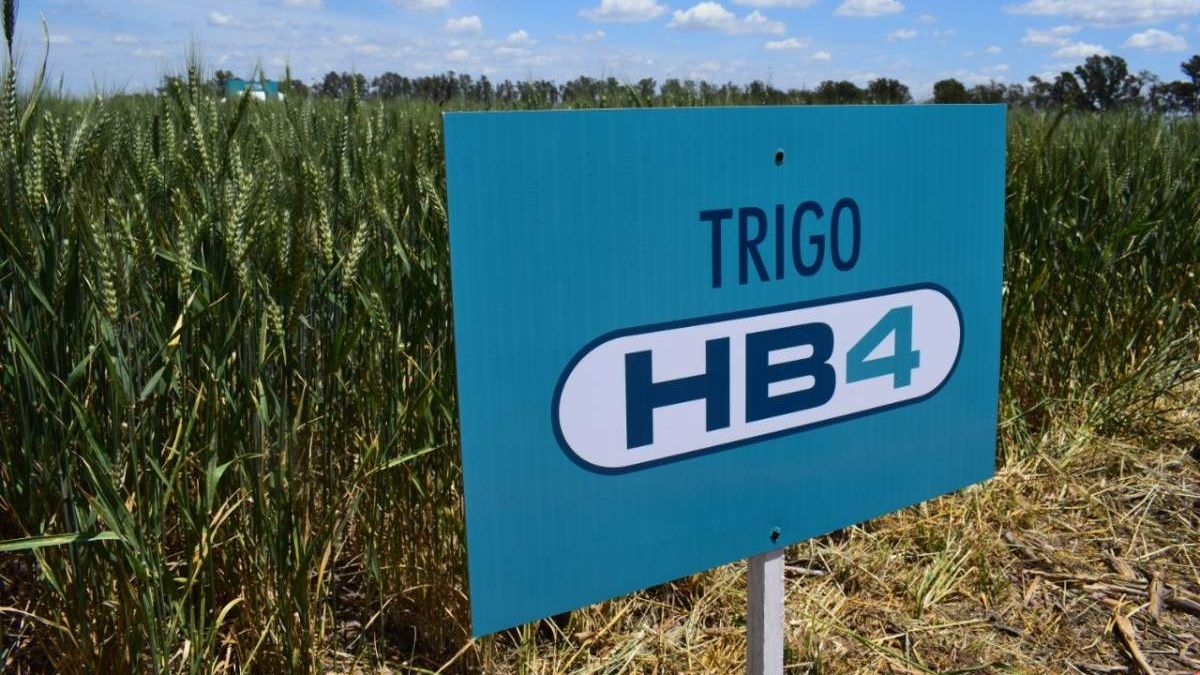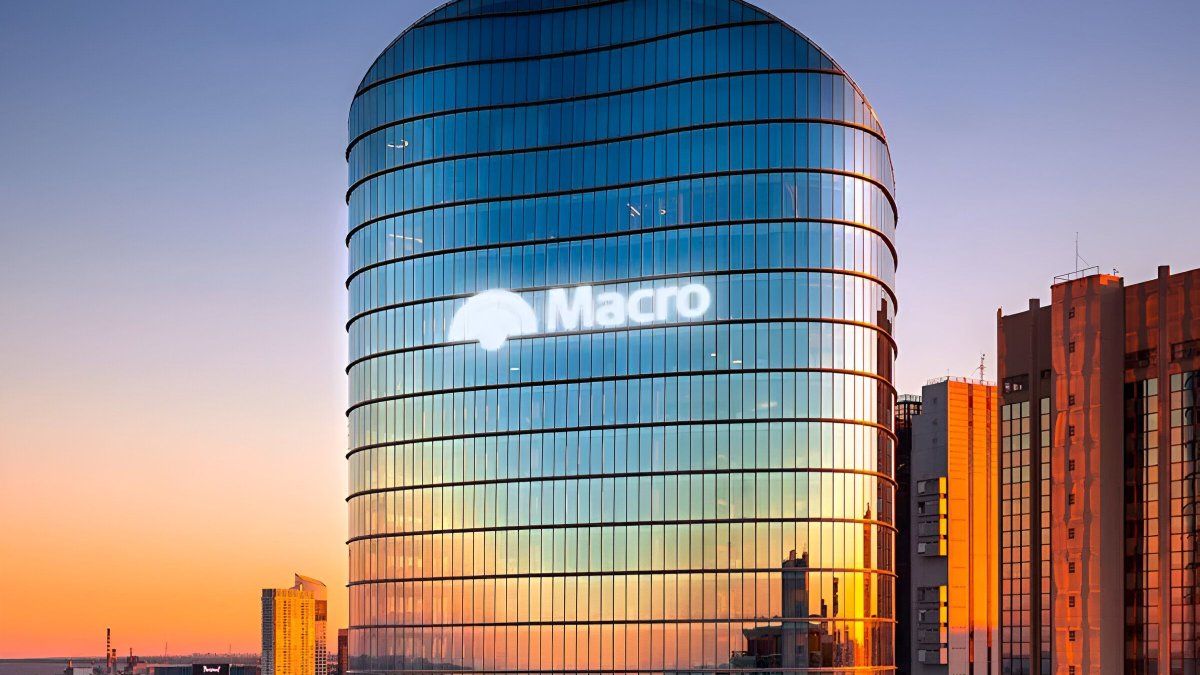Until now, HB4 wheat can only be sown in Argentina because that is where it received the full approval of the authorities, but for the time being the company will not move forward with the commercialization of the seeds and continues with a closed controlled planting program with the objective that there is no leakage of the material.
The company has already received approval for consumption by Brazil, Colombia, Australia and New Zealand and in China in the case of HB4 soybeans. In all these countries, the company continues to work to receive the go-ahead to be able to market the product in the future.
“In a context like the current one, with a high global demand for wheat as a result of the crisis generated by Russia’s invasion of Ukraine and the closure of exports from India (the second largest producer in the world), the approval of this unique Argentine technology in the world is key. world”, they pointed out from the company. Y They added that “this series of approvals that it has obtained in many of the main wheat importing and producing countries in recent months is the result of more than 10 years of work so that HB4 wheat complies with the necessary regulations in each of these countries. markets”.
The truth is that within the Argentine marketing chain, which includes mills and collectors, there is still some reservation regarding the release of HB4 wheat. It is that they fear that there is some kind of leak of the material that could complicate the exports of the non-transgenic product to those countries that do not endorse it.
Beyond any controversy from Bioceres they insist that this technology can not only add more hectares of wheat in Argentina and the world -because it can be sown in those areas where they do not need so much rainfall- but also that it would have a high productive potential and exactly the same nutritional quality of non-transgenic wheat.
In the collective imagination, products called transgenics are associated as something bad, but the truth is that much of the progress in agriculture came from the manipulation and selection of better and more efficient genes for the development of food.
Drought tolerance comes from a gene found in sunflower by the researcher from Conicet and the Universidad Nacional del Litoral Raquel Chan. The gene was placed in both drought-tolerant transgenic soybeans and wheat, which improves performance in situations of lower rainfall. Depending on the environmental conditions and the genetics used, in a restrictive humidity scenario, the technology can improve productivity by between 10 and 20%.
In this context, the company’s shares listed on the Nasdaq rose 1.39% yesterday to US$13.14.
Source: Ambito
David William is a talented author who has made a name for himself in the world of writing. He is a professional author who writes on a wide range of topics, from general interest to opinion news. David is currently working as a writer at 24 hours worlds where he brings his unique perspective and in-depth research to his articles, making them both informative and engaging.




